UBITECH participates at the virtual kick-off meeting hosted by BIBA (October 14, 2020) of the COALA Research and Innovation Action, officially started on October 1st, 2020. The project is funded by European Commission under Horizon 2020 Programme (Grant Agreement No. 957296) and spans on the period October 2020 – September 2023. The vision of the COALA project for AI in manufacturing is the development of human-centered digital assistant that provides a more proactive and pragmatic approach to support operative situations characterized by cognitive load, time pressure, and little or zero tolerance for quality issues. COALA will help shaping the complementarity in the collaboration between the AI-based assistant and the human so that the AI will take over time consuming and stressful tasks reliably and credibly, and the human will focus on understanding and problem-solving in complex & knowledge-intensive situations. COALA’s AI-focused education and training concept will prepare the human-side of the collaboration by offering concept for teaching professionals systematically and, in the language of the workers, about the capabilities, risks, and limitations of AI in manufacturing.
The COALA solution will base on the privacy-focused open assistant Mycroft. It integrates prescriptive quality analytics, AI system to support on-the-job training of new workers, and a novel explanation engine – the WHY engine. COALA will address AI ethics during design, deployment, and use of the new solution. Critical components for the adoption of the solution are a new didactic concept to reach workers about opportunities, challenges, and risks in human-AI collaboration, and a concurrent change management process.
Within COALA, UBITECH undertakes the role of the integrator and develops the system architecture, data interfaces, APIs specification, and data security measures; manages the tools, methods, and integration issues through the definition of the integration points, the design of a detailed technical architecture, and the definition of the integration and testing plan; defines code maintenance and quality procedures to raise system reliability and exploitability; and creates the solution as an integrated whole with a security framework matching industry needs.


